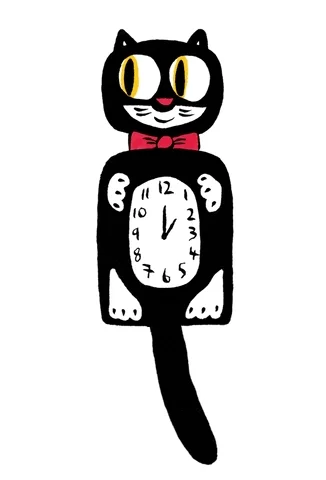As you many of you may know, in my spare time, I write novels. This is the time of year for craft shows and festivals, and for the past few years, I’ve been attending several of them to sell my books. Unlike the many handcrafted items showcased at them such as floral arrangements, jewelry, or knitted or crocheted items, books aren’t as eye-catching a ware to sell. To generate interest, I’ve found it best to engage customers as they stroll by my display of novels by asking them a simple question: Are you a reader?
So many books, so little time!
I usually get one of three answers: An enthusiastic, “Yes, I love to read!” Or an exasperated “I like to read, but I don’t have the time.” This is the answer usually given by a mom pushing a stroller, which is understandable as little ones require a lot of attention. The third answer is one I have trouble fathoming and that is the short reply, “I hate to read.” Some are apologetic when they admit that, appearing to be ashamed about their distaste for reading, while still others are shockingly proud of it. I’ve even had a few people tell me that they haven’t read a book since they left high school decades ago.
According to a 2021 Pew Research survey of U.S. adults, nearly a quarter of American say they haven’t read one book in the last year. I am not here to heap scorn on those who don’t read because I suspect somewhere during your formative years you may had difficulty reading or was forced to read books you didn’t like making reading a chore. I understand that; reading is an acquired skill and unless you have a learning disability, the more you do it, the easier it becomes. Also, I understand being forced to read boring books. I had to read Heart of Darkness in high school, and even though I loved reading, I found that book insufferably boring.
Apocalypse Now based on the book Heart of Darkness.
But reading for pleasure is vastly different from reading for a grade, and if you count yourself among the non-readers, I encourage you to try reading again. Here are a few benefits that reading provides to convince you. It stimulates your brain, and some studies even indicate that it may help to stave of dementia. It increases your knowledge. It keeps you from being bored. It stimulates the imagination. It allows you to travel to other times and places and enables you to experience things you could never outside of a book. Reading reduces stress as it can take your mind off problems. It is entertaining and is one of the most affordable forms of entertainment. For $25 or less, you can be entertained for hours. It can be free (if you go to your library). Reading is a great conversation starter. Readers love to talk about books. Reading binds people together. Readers love to connect. One of the most encouraging things I’ve learned while selling my books is that book clubs are still flourishing. After all these months of isolation joining or being in a book club is a great way to socialize.
As we approach the holiday season, now is the ideal time to give reading a go again. I once saw that the best Christmas list is one that includes something you want, something you need, something to wear and something to read. Ask a bookworm for a recommendation for a good book they loved and then ask Santa to bring you it. Then for January, the time of the year when we make resolutions, commit to reading. You will be holed up for the winter, which makes it a great time to dive into a good book.
Reading is also a habit, albeit a pleasurable one. Start with reading a page a day. I guarantee you’ll be happy you did.
This article originally appeared in the December issue of Northern Connection magazine.












